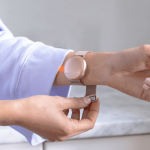To receive the Femtech World newsletter, sign up here.
Q&A
Q&A: How technology can help women safeguard their data
Certo Software has seen iPhone spyware detection double year on year as cyber violence against women becomes more concerning

One in four women will be affected by domestic violence in their lifetime and as technology evolves, the risk of women being exposed to technology-enabled coercive control increases.
FemTech World meets Simon Lewis and Russell Kent-Payne, founders of the spyware detection tool Certo Software, who have been tracking the increase in the use of their tools and the huge spike in spyware detections that they are seeing.
FTW: Why do you think women need software like Certo?
SL: It’s needed because everyone has the right to know that their device is secure, and everybody should be able to feel safe using their phone. We’ve created an accessible product to allow people to do that and to feel safe using their devices.
FTW: Why are spyware apps popular at the moment?
SL: There has been a cultural shift in recent years that has led to a huge rise in stalkerware. Our social lives have moved online, dating has moved almost into the online shopping space. Apps like Tinder and Hinge commodify relationships and make it seem like there is always someone better just a swipe away, for both you and your partner.
As this has happened there has also been an increase in paranoia. Lockdown was a huge catalyst for domestic abuse as couples in already tense or frayed relationships were cooped upside together for months at a time, both using phones as lifeline.
As technology has been the cause or at least the conduit for this cultural shift, people also look to technology for the answer. When what you want is to find out exactly what your partner is doing on their phone, the answer is stalkerware.
Stalkerware is everywhere when you start to look for it – companies providing these services advertise freely on search engines and use the same SEO strategies as any business to make sure that they are right in front of anyone who expresses an interest.
Providers of stalkerware also work very hard to constantly update their products to make them easy to use and customers will not always realise it is illegal. As we don’t usually think that you can freely advertise an illegal service on a search engine.
FTW: How can everybody make sure their phone is safe?
SL: If your phone is updated, and you have not shared your passcode with anyone or left it with anyone else then there is a good chance that your phone is still secure.
However, if you are worried that someone is accessing the contents of your phone, or the phone of someone you know you can perform a scan, using one of the anti-spyware tools from Certo to help you to find out what has been installed on your device.
In the meantime, you should continue to use the device in a way that will not arouse suspicion from the stalker. If you need help with an exit plan or any support, you can contact a charity like Refuge.
FTW: What are the misconceptions around spyware?
RP: There are many misconceptions around spyware, and this is something we encounter quite a bit. There is a common view that stalkerware and hacking are very mysterious and that their phones can be hacked remotely by anyone ‘in the know.’ This is simply not true.
To install spyware, you need physical access to the phone. We want to educate phone users on their own security and demystify spyware, as well as offer our product to people who really need it.
If your phone is updated, and you have not shared your passcode with anyone or left it with anyone else then there is a good chance that your phone is still secure.
That is something that we try to do a lot with our customers as a sort of education of what is possible and what isn’t.
Q&A
How this rising startup says bye to Dr. Google and Prof. TikTok
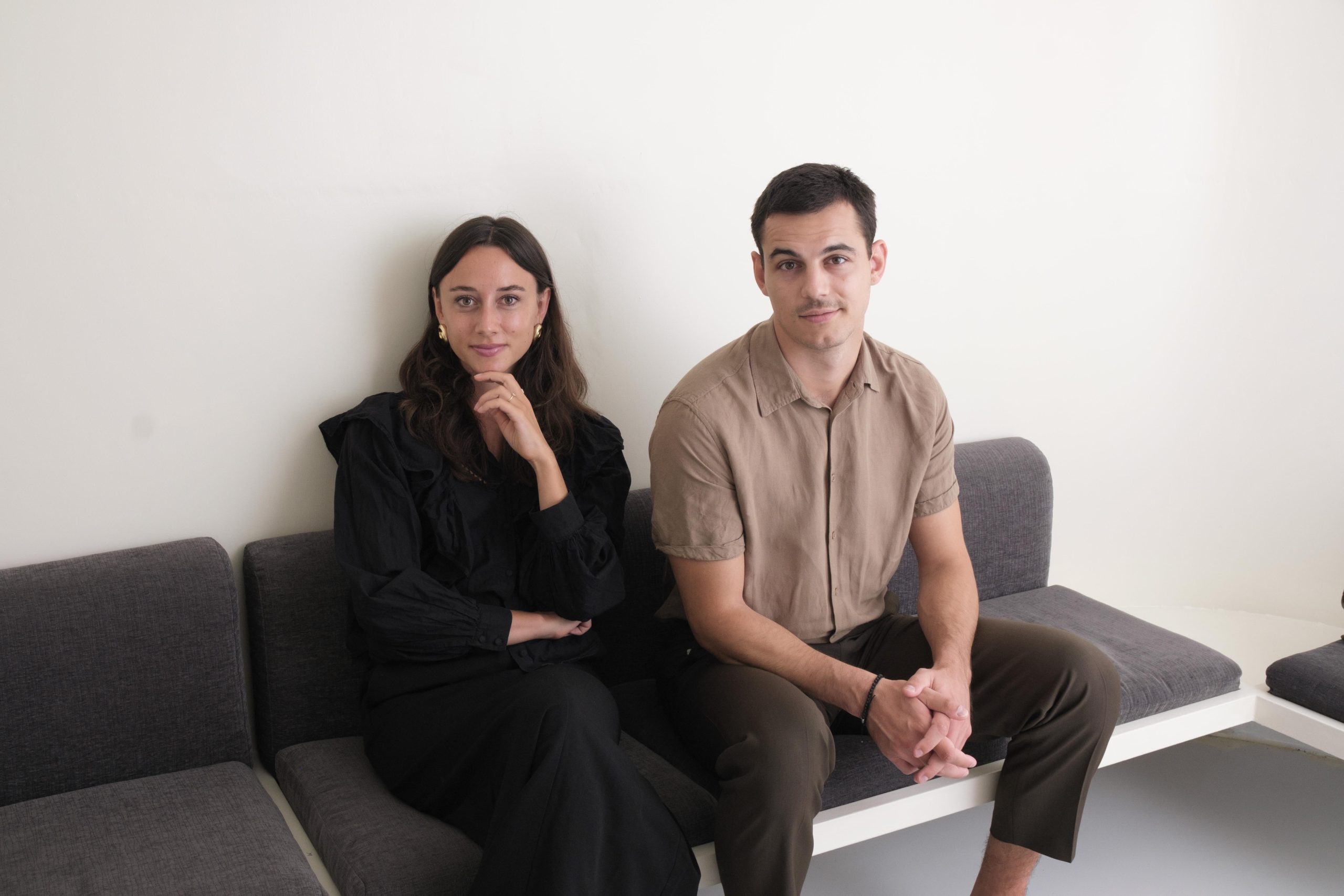
The way we look for health information has changed a lot.
Search engines are full of confusing advice, and more and more people are turning to TikTok for answers, even though it’s risky.
Lina felt this struggle herself— being disappointed by multiple first time visits of various doctors she spent hours scrolling through Google and TikTok, trying to find reliable health information after not having a period for years.
Her frustration led to the creation of femble—a platform for womens health that allows you to find and follow health-experts within seconds.
Here, the founders Lina Graf and Daniel Steiner tell us more about the journey and why femble transforms our access to health information.
Lina, what was the founding idea behind femble?
We all have googled symptoms and thought “this is nonsense” or “it’s annoying to go through all those pages”.
This is particularly true for women who still are often dismissed by our health-care systems and have to rely on digital sources.
The concern is that TikTok is increasingly replacing Google as the go-to source for health questions among Gen Z, which brings its own set of risks.
So we face the issue of needing quick access to engaging information, but also making sure it’s valid.
With femble, we close this gap by enabling health-experts to build a digital presence while enabling women* to search and find valid information in a second.
Daniel, what motivates you to build femble even though the end result might not be helping you directly?
First of all thanks for having us and doing what you do.
Secondly I see a massive need and obligation of a new generation of men challenging systems that ultimately mostly other men have built.
This also accounts for the health-care system. And besides that, there have been other men in the fem-tech way before me – be it the founders of Flo health or the co-founder of Clue.
Ultimately working together, no matter what gender is even anchored in our name: femble. Fem for female, ble for ensemble – together.
What’s the market potential for femble, especially considering the current state of healthcare systems, Lina?
Healthcare systems are facing immense pressure globally, leading to a decline in quality and health literacy.
femble steps in as a solution by directly connecting women with expert-verified health information, increasing health literacy and guiding patients to the right resources.
For doctors/health-experts, this means a more efficient use of their time, allowing them to focus on quality care while reaching a broader audience through our platform.
This approach has the potential to significantly enhance doctor patient connection.
By empowering both patients and doctors, femble is set to make a significant impact in the healthtech landscape.
Daniel can you give us some insights on how the platform works exactly again? Do I get answers to specific questions or insights based on my profile?
Right now, femble offers a feed with verified knowledge from health experts, similar to how you’d consume social media content.
Our next phase is launching a search engine feature, enabling users to search for specific questions and content.
Then users can really find and follow health-experts within a second – you get to know a team of experts before you even had an appointment with them so to speak.
How many users and experts are on the platform by now?
We have thousands of monthly users and dozens of experts who are already building their following on femble.
What’s exciting is that over 55 per cent of our users engage with the platform weekly.
We’re starting to receive a lot of requests by various health-experts who want to educate their own patient base better and get guidance on how to create video-content.
So figuring out how to scale and automize health-expert onboarding is a challenge we currently work on and you can expect to see many more experts on the platform within the next couple of weeks and months.
Sounds amazing. Last question: What’s your vision for femble?
femble aims to make health as accessible as TikTok, but as trustworthy as a doctor’s office.
Our vision for femble is that it becomes the number one search engine for health questions and enables us all to continuously find trustworthy information – also meeting the demands of today’s generations.
Find out more about femble at femble.co
Q&A
Femasys founder Kathy Lee-Sepsick on entrepreneurship and the need for innovation in women’s health

Kathy Lee-Sepsick, founder and CEO of the biomedical company Femasys, opens up about her entrepreneurial journey and what nearly three decades of experience as a top medtech executive have taught her.
Could you tell us about your background and how you got into women’s health?
I spent 10 years in various leadership roles at medtech companies focused in the cardiovascular and orthopaedics specialties. During this time, I realised how underserved the women’s health area was in comparison and the available solutions for reproductive health needs, specifically in permanent birth control were unsuitable.
With inventions that I felt were revolutionary to address the unmet needs in critical areas of reproductive health, I made the decision to start Femasys in 2004.
What inspired you to create Femasys?
I was inspired by my daughters and desire to create solutions that would offer women suitable reproductive health options in areas that have seen little-to-no innovation.
In addition to realising a widespread global need, I personally faced the same challenges as others when I encountered inadequate options for my own reproductive care. I believe Femasys has the potential to create lasting change.
How would you describe Femasys in a few words?
Femasys is a female-founded and led biomedical company focused on empowering women worldwide as they seek solutions throughout their reproductive journeys by providing revolutionary products that are affordable and accessible.
How would you describe the impact and importance of your work?
Technological advancements in female reproductive health are long overdue, which has driven our focus to develop in-office, accessible, and innovative options. The work we are doing in infertility and permanent birth control are game-changers and have the potential to transform the landscape for women, couples, and their families.
Our work is so important because no one else is focused in advancing these much-needed technologies, which has the opportunity to impact women for generations to come.
People may be thinking ‘How is Femasys transforming women’s healthcare worldwide?’. What’s your response to that?
The product solutions we are advancing address issues women are facing worldwide. We are dedicated to not only helping women here in the US but around the globe as we work to amass country approvals for our product initiatives.
As a small emerging company, the allocation of resources and funds for this effort demonstrates our commitment.
What is the best part about being an entrepreneur in this space?
It is hard pressed to find a space in healthcare that is this neglected, so the best part is knowing every day that the work we are doing has the potential to make such a significant impact worldwide. Executing on our mission is a constant responsibility that bears immeasurable satisfaction as we achieve our goals.
What is your greatest achievement since establishing Femasys?
My greatest achievement since establishing Femasys is making our products available to women in the US and other countries outside the US as we gain regulatory approvals of our important technologies.
This includes FemaSeed for the next generation of artificial insemination, FemVue for diagnosis a woman’s fallopian tubes with ultrasound, and FemCerv for obtaining a comprehensive tissue sample for diagnosis of cervical cancer.
Q&A
‘Tamagotchi with a twist’- the device you didn’t know you needed
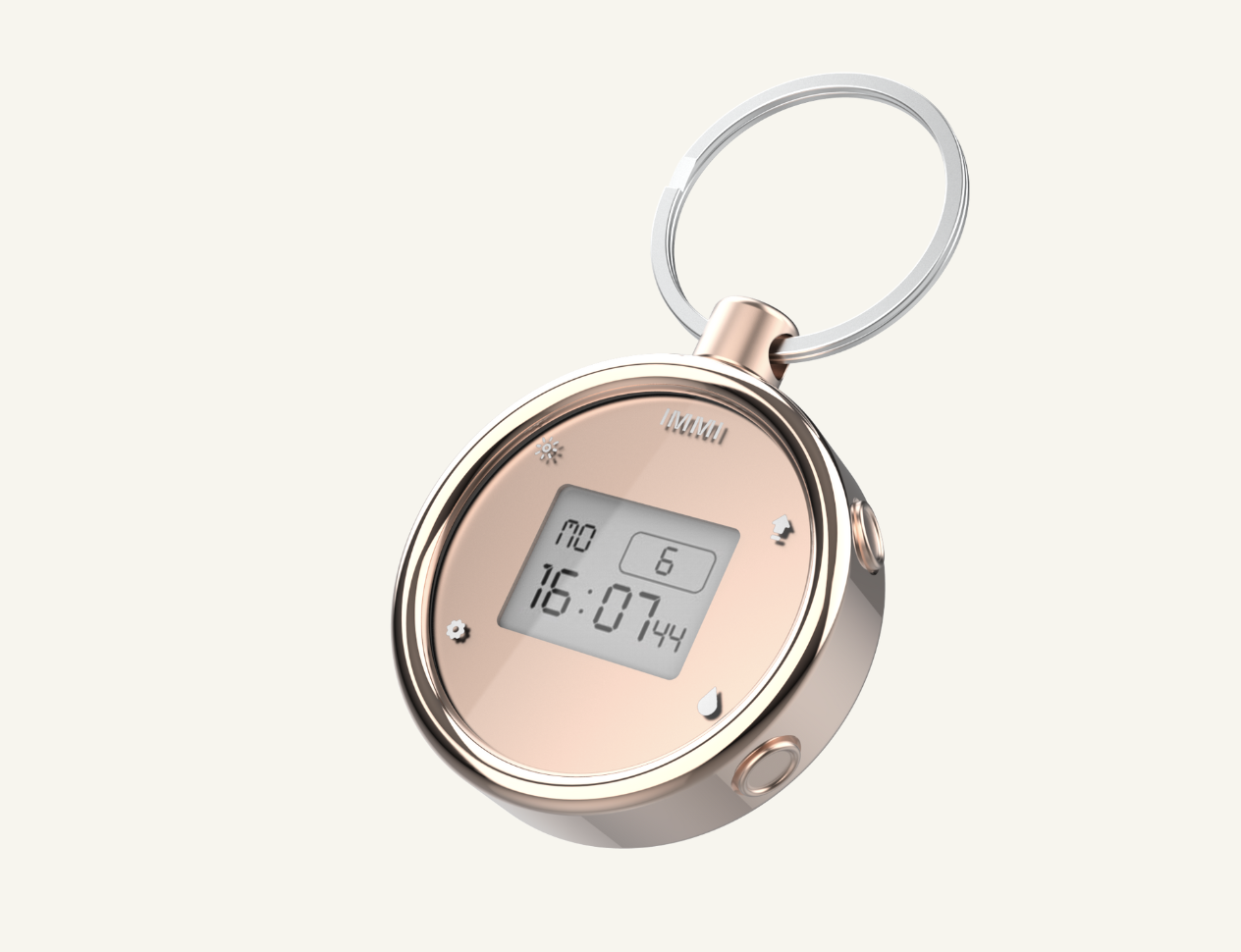
Tired of apps? Enter IMMI, the period tracking device you didn’t know you needed.
The IMMI tracker is a device that can learn to track and monitor your menstrual cycle without an app or smartphone.
The gadget, which doesn’t require internet connectivity, is suitable for any geographies, communities and ages and promises to positively impact women’s sense of agency, body literacy and overall self-esteem and mental health. Founder and CEO, Sarah Cottee, tells us all about it below.
How would you describe IMMI in a few words?
IMMI is building simple, private, fashionable menstrual tracking consumer products that don’t require internet connectivity to work; think tamagotchi that also warns you when your period is due!
What inspired you to create IMMI?
I was working in private philanthropy, funding social enterprises throughout South East Asia and living in Manila, where I saw firsthand the lack of access to education that women and girls had.
Around the same time I had come off hormonal birth control and was on my own journey of getting to know my body and cycle.
I was very concerned with the privacy limitations of the period tracking apps, so I set out to create a solution that mitigated my worries, and was accessible to women and girls everywhere.
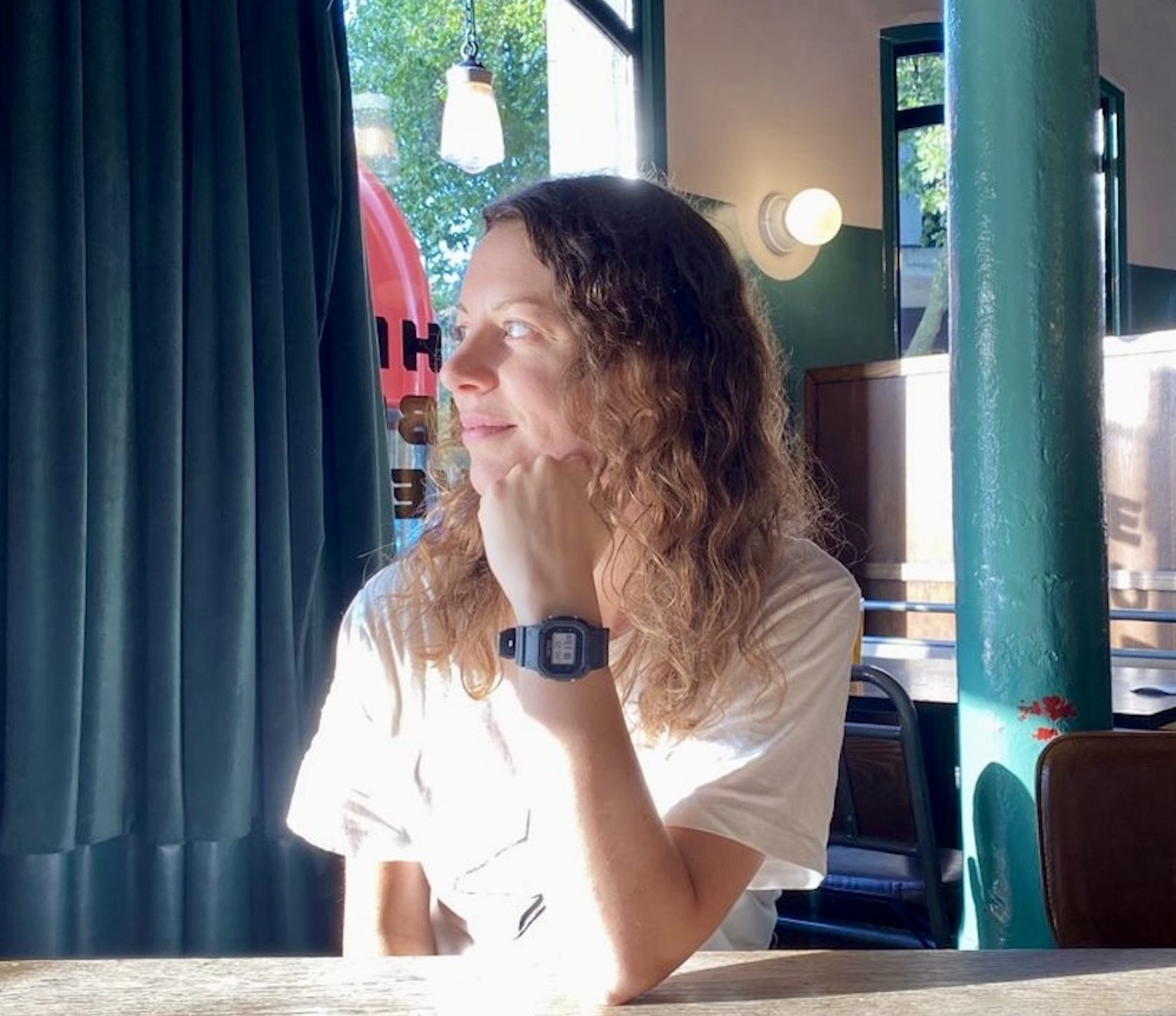
Sarah Cottee, founder and CEO of IMMI
My passion for women’s health, however, runs in the family. My grandmother, an Irish midwife living in Liverpool, taught women in the local community about cycles and fertility, and worked closely with the University of Birmingham on early, pioneering research they were doing in this space.
As you were building IMMI, what was the need you identified?
It was two fold; the average age that girls download period tracking apps is 21, and considering they start their periods around age 12, this is a huge gap where they’re not learning about their body, their emotions and their mental health in relation to their cycle.
Secondly, I kept hearing that people who were using apps were either fed up with how much data they were being asked to enter and experiencing “app fatigue”, or concerned with their data being stored on the cloud.
Consumers wanted something low-lift, smart, but that enabled them to keep their data private.
What makes IMMI different?
It doesn’t require an app and all the data is locally stored on the tracker itself, however it’s still “smart”.
We’ve increased the memory so it stores each cycle data, and our algorithm continuously calculates a rolling average. This means that your tracker learns your unique average cycle length making the period predictions more accurate over time.
You also have the ability to “reset” the tracker and clear its memory if needed. With our new design, you can attach it to your keys, purse or bag so that it’s always with you.
People may be thinking ‘How is IMMI helping women better understand their bodies’. What’s your response to that?
IMMI is designed to empower women by simplifying how they track and understand their menstrual cycles. We started by asking, “Why is it easier to know the date on the calendar than the day of your menstrual cycle?”
Our goal is to make tracking your menstrual cycle as straightforward as checking the time and date. By providing a tool that integrates this aspect of health into daily life, IMMI empowers women to recognise their body’s own unique signals, and gain a deeper understanding of themselves throughout their reproductive years.
How would you describe the impact and importance of your work?
In a time where women’s health data is being weaponised, providing an option that puts privacy first is vital. IMMI allows women to track and learn about their cycle without any concerns that their data might be shared with a third party.
Furthermore, we worked with one of the UN Agencies to conduct a pilot and see the impact of IMMI on girls in emerging markets who don’t have access to accurate, trustworthy information, leaving them vulnerable to, social exclusion, dropping out of school or unplanned pregnancy.
Over the six months of the trial, the proportion of women and girls who said they knew the expected start date of their period leaped from 58 per cent to 81 per cent in the Republic of Moldova, and from 47 per cent to 82 per cent in Burkina Faso.
Girls reported a significant decrease in anxiety from having this information accessible, and others said they were finally able to talk to their mum about this topic.
What is the best part about building IMMI and being an entrepreneur in this space?
Meeting incredible innovators! I get to meet the most inspiring men and women all over the world who are pushing forward the female health agenda and providing solutions that are truly novel and useful, allowing women to lead a more integrated and empowered life.
To receive the Femtech World newsletter, sign up here.
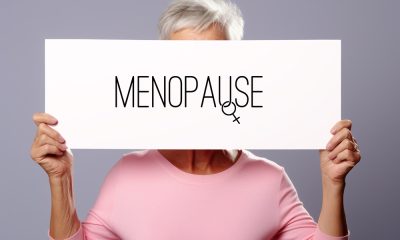
 Opinion2 weeks ago
Opinion2 weeks agoFDA plans to revise black box warning on menopause hormone therapies
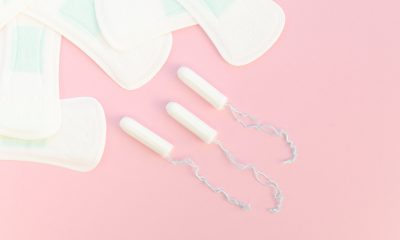
 Wellness9 hours ago
Wellness9 hours agoDozens of women report suffering painful burns after using Always sanitary towels
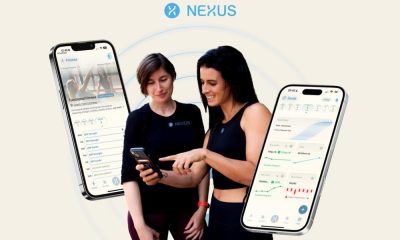
 Hormonal health2 weeks ago
Hormonal health2 weeks agoAI-powered women’s health companion Nexus launches in UK
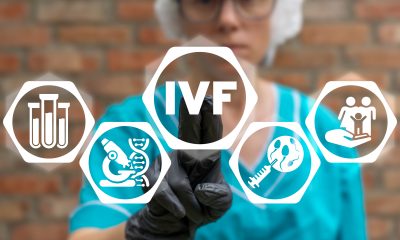
 Fertility2 weeks ago
Fertility2 weeks agoScientists turn human skin cells into eggs in IVF breakthrough

 News6 days ago
News6 days agoWomen’s health innovations recognised in TIME’s Best Inventions 2025

 News2 weeks ago
News2 weeks agoDaily pill could delay menopause ‘by years,’ study finds

 News2 weeks ago
News2 weeks agoAncient herb to modern must-have: Why ashwagandha is capturing UK women’s attention
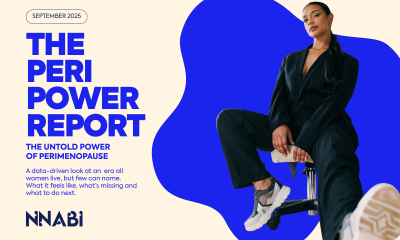
 Menopause3 weeks ago
Menopause3 weeks agoNew report exposes perimenopause as biggest blind spot in women’s health























